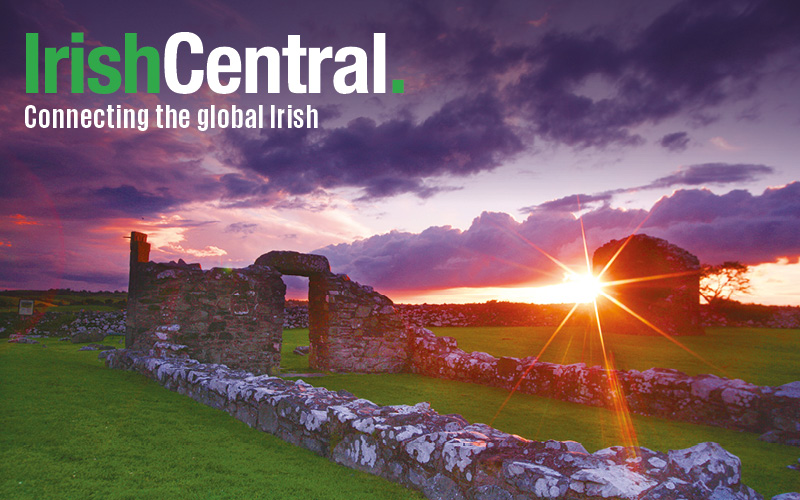There was no way the Irish could stay out of the debate over historical monuments and memory but should Irish America chose which Irish "heroes" we celebrate?
From statues of Christopher Columbus to Confederate generals, all sorts of rage is being spewed -- rage in some quarters that America continues to celebrate imperialists and bigots; rage in other quarters that we are unfairly judging yesterday’s heroes by today’s standards.
And so we have a messy situation unfolding in Alexandria, Virginia’s Fitzgerald Square. Or what used to be called Fitzgerald Square.
City officials are renovating the waterfront site and quietly took the name of the Irish-born assistant to George Washington off of the park. The site is now referred to as “King Street Park at Waterfront.”
For now. Until a new name is chosen.
The changed “infuriated leaders” of the national Ancient Order of Hibernians, according to The Washington Post.
“The most important thing we want to bring home was not just to recognize the contributions of Colonel Fitzgerald, but all the Irish who worked on the docks here,” local AOH president Terry Riley was quoted as saying.

Waterfront Park in Alexandria, which used to be Fitzgerald Square.
The AOH has also reportedly collected over 1,000 signatures on a petition to restore the name and has also asked for more information about who exactly made the decision to drop Fitzgerald’s name from the park.
Fitzgerald, a Catholic, was born in Co. Wicklow, came to the U.S. and eventually served as an aide to George Washington. He then became a prominent figure in Virginia politics, all of this at a time of rabid anti-Catholic sentiment in the U.S.
Why would anyone want to remove Fitzgerald’s name from a park?
An Alexandria city spokesperson told the Post officials had received “complaints about the connection between Fitzgerald and slavery.”
The Post added, “Records show that Fitzgerald was a slave owner.”
The spokesperson added, “Some in the community feel strongly in favor of Fitzgerald for historical or other reasons, and some feel strongly against for historical or other reasons. That’s an issue that can be discussed in the course of the naming process yet to come.”
The AOH has a point. The names of prominent historical figures should not be yanked from public spaces under a shroud of secrecy. And the Irish contribution to America must never be forgotten.
But it must also be noted that the AOH goes to great lengths to point out that it was founded to fight bigotry. Its website notes, “As a result of the persecution endured at home, many Irish fled to other lands seeking a better life. Those who chose America often wondered if they had made the right decision…these were still English colonies and while they tolerated other Protestant sects, they denounced Catholics because of a biased belief that they owed their allegiance to a foreign prince – the Pope.”
In addition, “As Nativist bigotry spread across America, so too did the AOH…They provided social welfare benefits to members and stood guard to defend church property.”
Given the AOH’s long history of defending a persecuted minority, do they really want to defend a slave owner? Wouldn’t this be a great opportunity to remind folks that, for a long time, African Americans and Irish Americans had a lot in common, including their elite persecutors?
The AOH is absolutely right to want to honor “the Irish who worked on the docks.” Why not unearth the name of a simple, working immigrant -- man or woman -- who came from Ireland and helped build America? With sweat and labor that at least was compensated with wages, that taught their children the value of hard work in the U.S.? As opposed to the kind of brutal oppression the British and other slave-holding elites practiced on Irish and African Americans?
The AOH rightfully reminds Americans of how Irish Catholics were mistreated in America. The Irish were not the only ones.
Should Colonel Fitzgerald's names have been removed from this Virginia Park? Who would you rather see memorialized? Let us know on social media or in the comment section below.
Read more: Most of 40,000 Irish who fought for the Confederacy were not fighting for slavery says historian




Comments